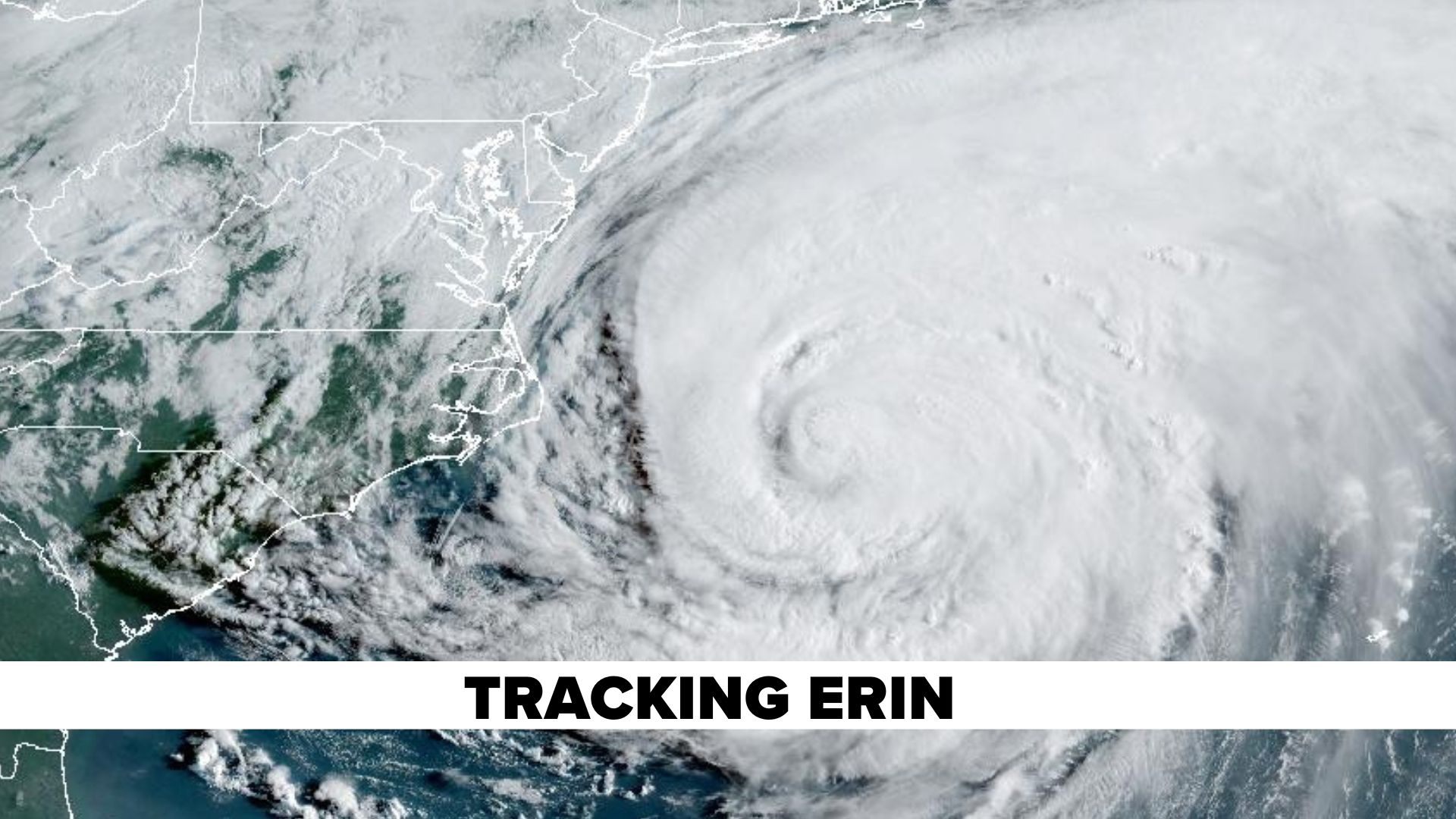How Delta is using AI for ticket pricing and what it means for air travel

Airfare prices are traditionally dynamic due to an array of variable external factors from seasonal demand and jet fuel prices to weather and competitor pricing. As companies like Delta Air Lines look to artificial intelligence to help with revenue management, consumers are wondering what this new factor could mean for the future of travel booking.
What to know about AI technology used by Delta Air Lines
On an earnings call last month, Delta President Glen Hauenstein told investors the Atlanta-based carrier currently uses generative AI technology to determine some prices of domestic flights with the goal to increase that usage from 3% of its network to "about 20% by the end of the year."
The AI technology is still "in heavy testing phase," Hauenstein said, assuring investors that while they "like it a lot -- we're going to take our time and make sure that the rollout is successful, as opposed to trying to rush it and risk that there are unwanted answers in there."
The model Delta is using from Fetcherr, an AI pricing company, and like most generative AI, it benefits from training, Hauenstein said.
"The more data it has, and the more cases we give it, the more it learns, and we're really excited about it," he said.
The Israel-based AI tech solutions company, founded in 2019, was named the Best Travel Tech Startup for the second consecutive time at the 2024 World Travel Tech Awards.
The company states on its website that its technology "empowers airlines to adapt to dynamic market conditions, personalize offers, and maximize profitability while delivering a seamless and satisfying travel experience."
Beyond its work with Delta, Fetcherr also lists other global airline clients on its website, including Virgin Atlantic, WestJet, Azul and Aerobus.
Delta responds to critics of AI pricing technology
Following Delta's investor call last month, Democratic Sens. Ruben Gallego, Mark Warner and Richard Blumenthal sent a letter to Delta CEO Ed Bastian on July 21, expressing concern about the use of AI and its potential impact on Delta customers.
"Delta's current and planned individualized pricing practices not only present data privacy concerns, but will also likely mean fare price increases up to each individual consumer's personal 'pain point' at a time when American families are already struggling with rising costs," the lawmakers stated in their letter.
The senators likened the AI technology implementation to that of surge pricing on ride sharing apps like Uber or Lyft.
"Surveillance pricing has been shown to utilize extensive personal information obtained through a variety of third party channels, including data about a passenger's purchase history, web browsing behavior, geolocation, social media activity, biometric data, and financial status," they wrote. "Former FTC Chair Lina Khan has cautioned against a particularly egregious but conceivable example of an airline using AI to charge a higher fare to a passenger 'because the company knows that they just had a death in the family and need to fly across the country.' The opacity surrounding Delta's new customized pricing model could aggravate these concerns."
A Delta representative told ABC News that Delta is in compliance "with regulations around pricing and disclosures" in its AI technology experimentation.
"There is no fare product Delta is testing that is based on individual information," the representative said in an emailed statement. "Market forces drive the dynamic pricing model that's been used in the global industry for decades."
Delta responded similarly in a letter to Gallego, Warner and Blumenthal on Friday, as first reported by Reuters, stating, "Our ticket pricing never takes into account personal data."
Katy Nastro, travel expert and spokesperson for Going -- formerly Scott's Cheap Flights told ABC News in a statement Monday, "With the shock and outrage of Delta proudly broadcasting their adoption of AI pricing, we tend to forget that if consumers decide to move en masse to another carrier, Delta's pricing strategy must adapt, which can ultimately mean discounts for certain fares."
Quoting Going founder Scott Keyes, she explained that like fast food competition if one chain charges "$30 for a chicken sandwich when their competitors charge a fraction of the cost, hungry consumers will go elsewhere."
"People may feel more bias against this type of pricing because the transparency is only based on what Delta is sharing, which can definitely raise some skepticismcoming from the U.S.'s most 'premium airline,'" Nastro said.










